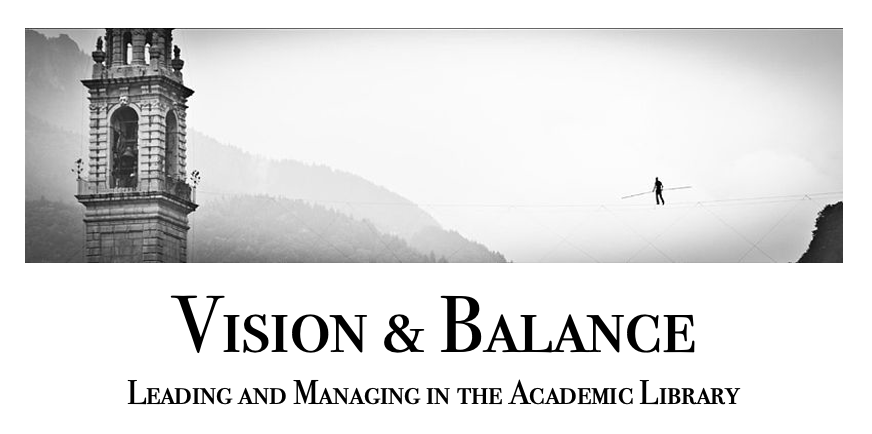Earlier this year I offered three posts on the topic of library policy management: the first addressed both the importance of written policies and the tendency of libraries to create too many; the second described what I call a "healthy policy regime"; the third warned about ways in which policies can be hijacked.
In this, the fourth installment in what will likely turn out to be an open-ended series of posts on this theme, I want to talk about the danger of letting policy creation and rescission be driven by strong personalities. This can happen in at least two ways, from at least two directions:
First, in the direction of policy creation: people with strong personalities can drive the creation of inappropriate policies.
Second, from the direction of policy rescission: people with strong personalities can push the organization to stop observing policies, or to create inappropriate policy exceptions or interpretations.
Both of these things tend to happen when leaders are willing to take a leader's pay but not willing to do a leader's work – which, often and very importantly, includes being strong and principled when faced with pressure from difficult and strong-willed employees. They also tend to happen when the library does not, in fact, have a healthy policy regime – or, in other words, does not have a clear and robust system in place for creating and rescinding policies (or a good "policy of policies," if you will).
What does this kind of situation look like? Here are a few hypothetical scenarios:
This post is for paying subscribers only
Library Policy Management 104: Policies and Personalities
Allowing personalities to drive organizational change ends up causing grief for everyone – ultimately, including those the leader is trying to mollify by giving in.
